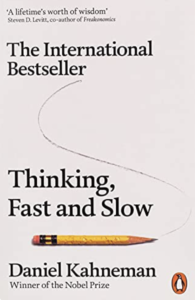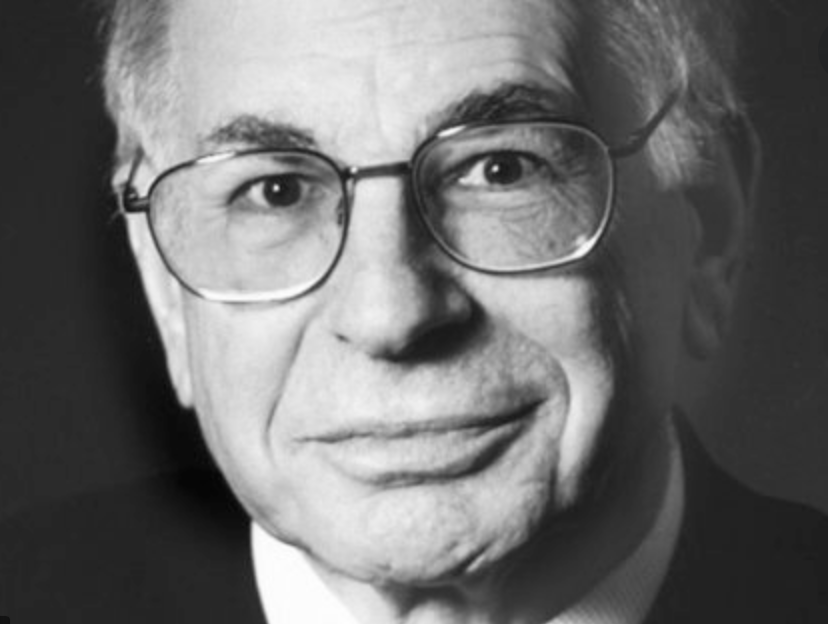A quote on the cover calls it ‘A lifetime’s worth of wisdom’. According to one newspaper reviewer the book is quite simply ‘A masterpiece’. It was published in 2011, sold a million copies in its first year and has continued to sell ever since. ‘Thinking Fast and Slow ‘ was written by Dr Daniel Kahneman who won the 2002 Nobel Prize in Economic Sciences. If you are wondering, as we were, how a book by an 87 year told Israeli-American psychologist and economist came to be on the reading list at the Brentford training ground the link seems to be baseball. Just as the concept of ‘moneyball’ started in baseball and moved to football now it seems that ‘Thinking Fast and Slow’ was first spotted in sport by baseball scouts and has moved to football . The book is thought to help scouts make major recruitment decisions without using the wrong kind of analysis.An article in the New York Times was headlined;’This Book is not about Baseball.But Baseball Teams Swear by it’ . The report said ‘A psychology book by a Nobel Prize-winning author has become a must-read in front offices. It is changing the sport.’ There’s even a Major League Baseball video about the influence of the book on the sport..

So what does the book actually say? We turned to BU Board member David Anderson of the ‘Brentford FC Tactical’ podcast. ‘The reader comes away with a profound understanding of the brain’s two thinking systems, “system 1 & system 2” and how they influence decision making. ‘System 1′ is intuitive and is essentially a decision making process plugging away in the background to keep us alive. Almost like a biased auto-pilot alerting us to danger, it operates at a low energy level rapidly responding to tasks such as steering a wheel or stopping when we see a red light. ‘System 2′ is where humans reason and do our analytical thinking. Long arithmetic, analysis of facts and not judging a book by it’s cover all use the second thinking system which as you can guess requires far more effort on our part.
“Humans are naturally lazy, we’re all wired to complete tasks as easily and as quickly as possible. Hardwired to live by the law of least effort, without “thinking” or engaging “system 2” we intuitively opt for the solution to tasks that are most obvious or seemingly placed right in front of us. These thinking systems are explored throughout the book by what are now popular short experiments such as “bat and ball pricing” – joyfully exposing our intuition as lazy and wrong – as well as statistical analysis on Judges deliberating on whether or not to offer parole to felons in America, essentially engaging (or not engaging) system 2 dependant on time of day or whether his honour has had a good lunch or not.
‘If one wanted to help round off impressionable young footballers embarking on a career where dealing with lots of information and the non-stop emotional extremities of winning and losing football matches must become second nature, “Thinking Fast & Slow” would be a very good place to start.”
A week after Jay Harris of ‘The Athletic’ came up with this fascinating nugget he had more revelations. He reported that Jack Burnell, a 28 year old former Team GB swimmer, has been working secretly as Brentford’s mindset performance coach. “Burnell visits the club’s training ground at least once a week and works with a core group of four first-team players” wrote Harris.

“One of the main methods he teaches involves making footballers wear a small black wristband in training and during games. When an individual struggles to transfer his performances on the training ground into a match, the wristbands, that have no words on them, serve as a visual reminder of what they are capable of.”

